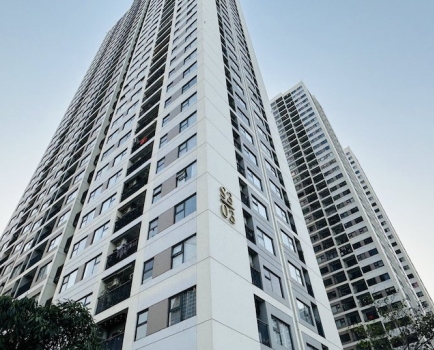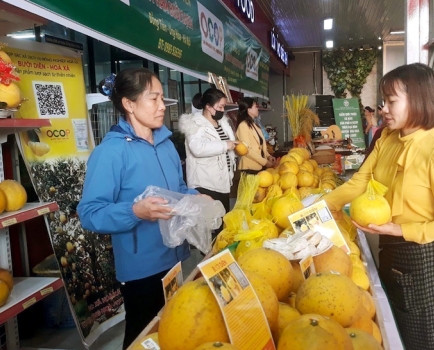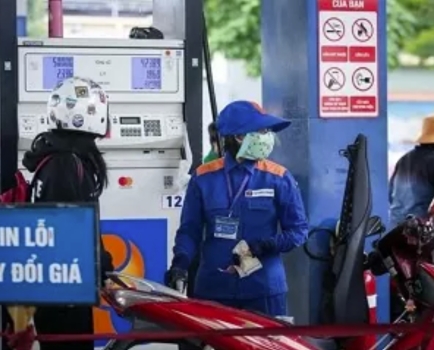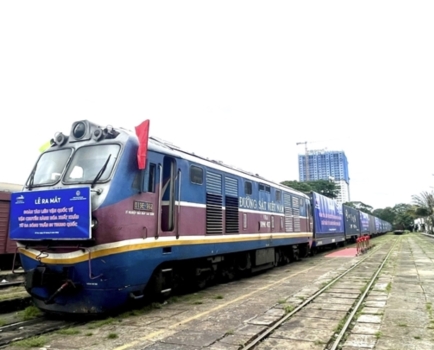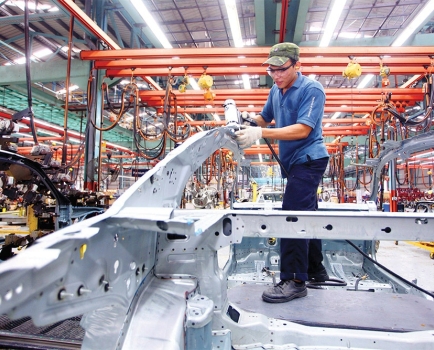Workshop suggests ways to tap into Middle Eastern, African markets
Sat, 22 Jun 2019 21:54:00 | Print | Email Share:
A workshop in Ho Chi Minh City on June 21 gave several recommendations to Vietnamese firms to help them capitalise on Middle Eastern and African markets, which are believed to be greatly potential destinations for Vietnamese goods.

Workers process cashew nuts for export at the factory
of the Nhat Huy JSC in Binh Duong province
Pham Hoai Linh, an official from the Asia-Africa Market Department of the Ministry of Industry and Trade, said the Middle East consists of 15 countries with the total population of about 320 million. This region has fast economic development and very high per capita income, even more than 66,000 USD per year in some countries. Therefore, the purchasing power and paying capacity of clients in this region are also high.
Notably, due to the climate unfavourable for agriculture, the countries’ demand for agricultural products and food is huge. The Middle East imports up to 80 percent of its food demand, equivalent to around 40 billion USD each year – a figure forecast to hit 70 billion USD by 2035.
Linh noted that Vietnam and Middle Eastern countries boast long-standing diplomatic ties, cooperation and friendship. They also have complementary export structures in which what the Middle East needs are those of Vietnam’s strength like aquatic products, cashew nuts, peppercorn, coffee, textile-garment and building materials, while this region’s exports are also in demand in Vietnam, including oil and gas products, chemicals and plastics.
However, bilateral trade has yet to match both sides’ demand and capacity, approximating 14 billion USD in 2018, including 8.7 billion USD of Vietnam’s exports.
She said with strong purchasing power and financial capacity, the Middle East also has high requirements for product quality. Therefore, Vietnamese businesses should further improve it and adapt product designs and packaging to suit local consumers’ tastes, particularly the Halal food standards of Muslims.
On the other hand, she also warned security and political uncertainties, different business customs, and trade frauds in this region, recommending businesses to carefully learn about their target markets and partners before carrying out cooperation and transactions.
Regarding the African market, Nguyen Minh Phuong, head of the Western Asia – Africa division of the Ministry of Industry and Trade, said Africa, comprising 55 countries with a combined population of about 1.3 billion, is home to abundant natural resources but local production remains underdeveloped. Therefore, these countries’ demand for consumer goods and food is considerable. This region also supplies natural materials and raw farm produce for Vietnam’s manufacturing and processing industries.
Vietnam exports rice, telephones, electronic components, aquatic products, coffee, apparel and footwear to Africa, which in turn ships raw cashew nuts, cotton, timber, and animal food to the Southeast Asian nation.
Notably, despite this region’s growing import demand and not high goods standards, Vietnam still records a trade deficit of almost 1 billion USD with Africa.
Phuong also noted certain risks relating to different cultures, business customs and payment habits in African markets. Additionally, market information shortage, geographical distance and some trade protection barriers have also caused difficulties in tapping into the regional markets.
The official suggested Vietnamese companies update themselves about this region via trade promotion programmes and devise appropriate strategies to access the markets. They can also open representative offices or build bonded warehouses in African countries to facilitate export to the region.
By: VNA/VOV
---------------------------------------------
Same category News :




